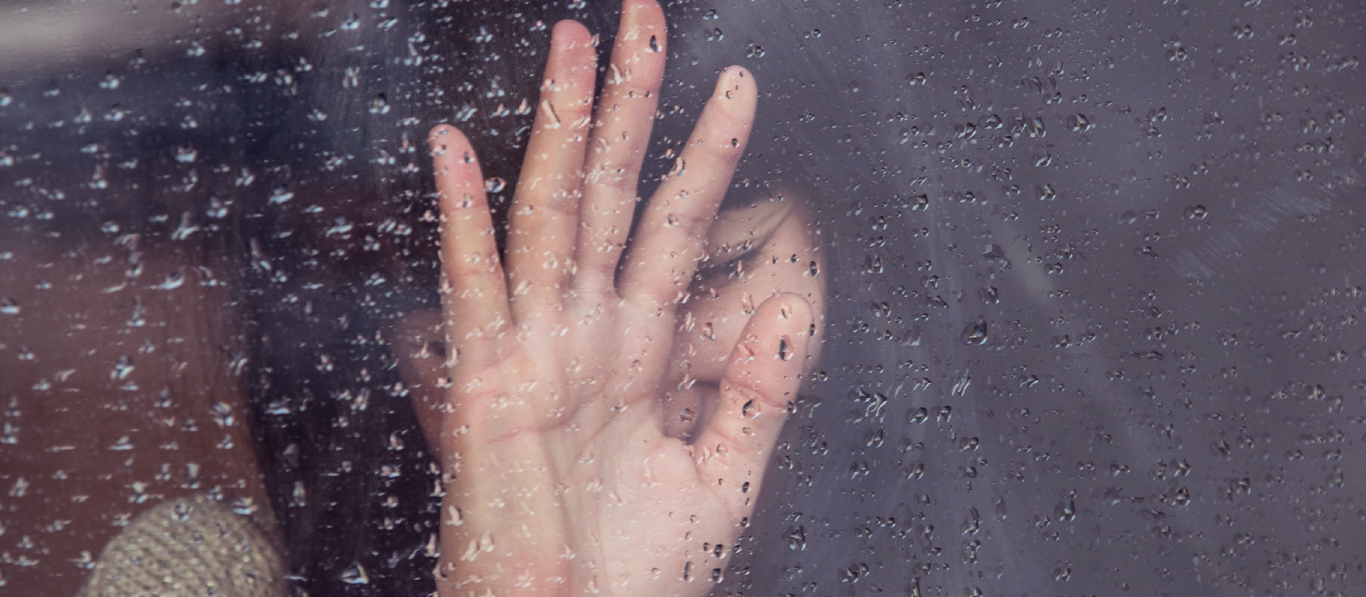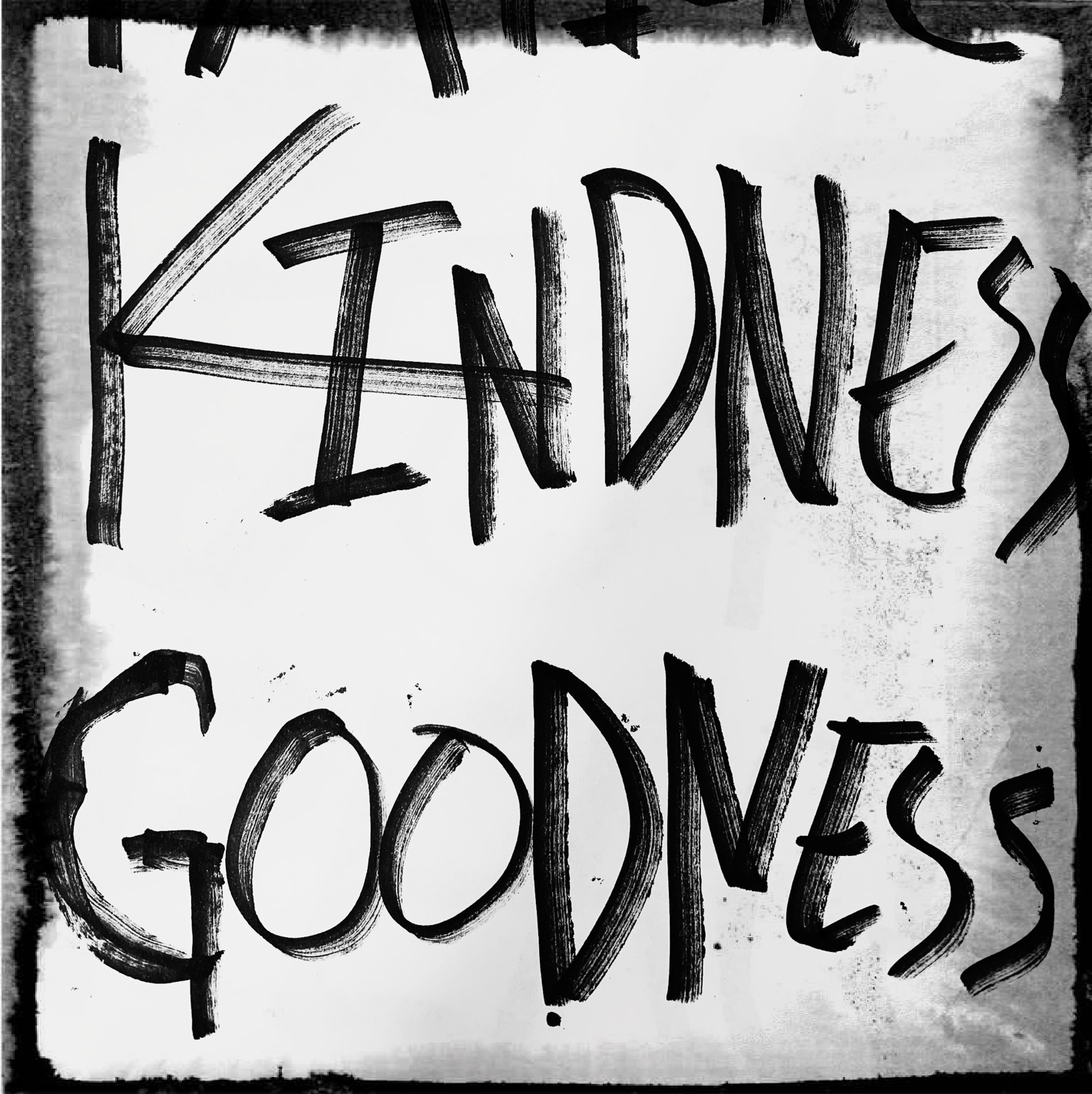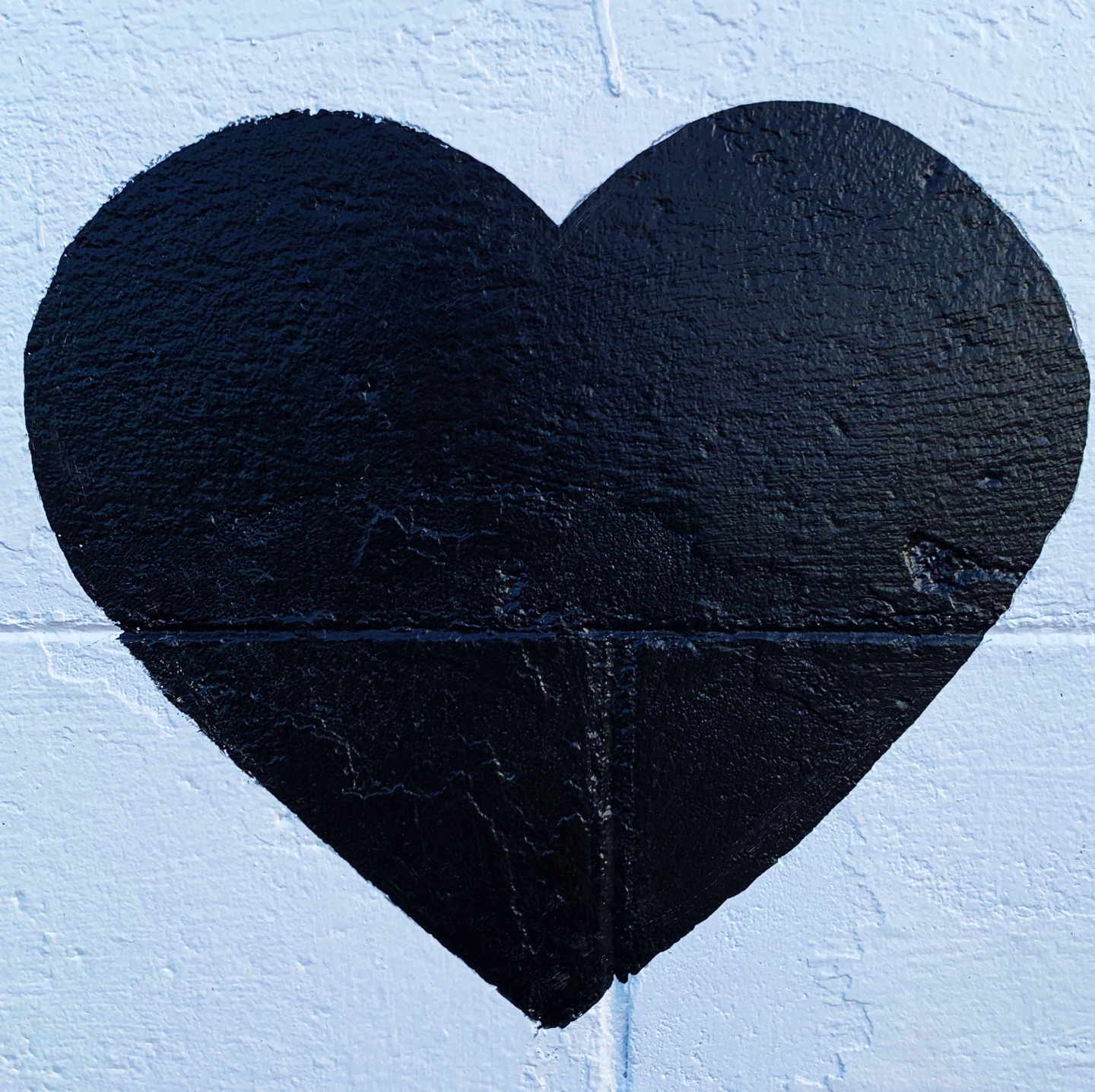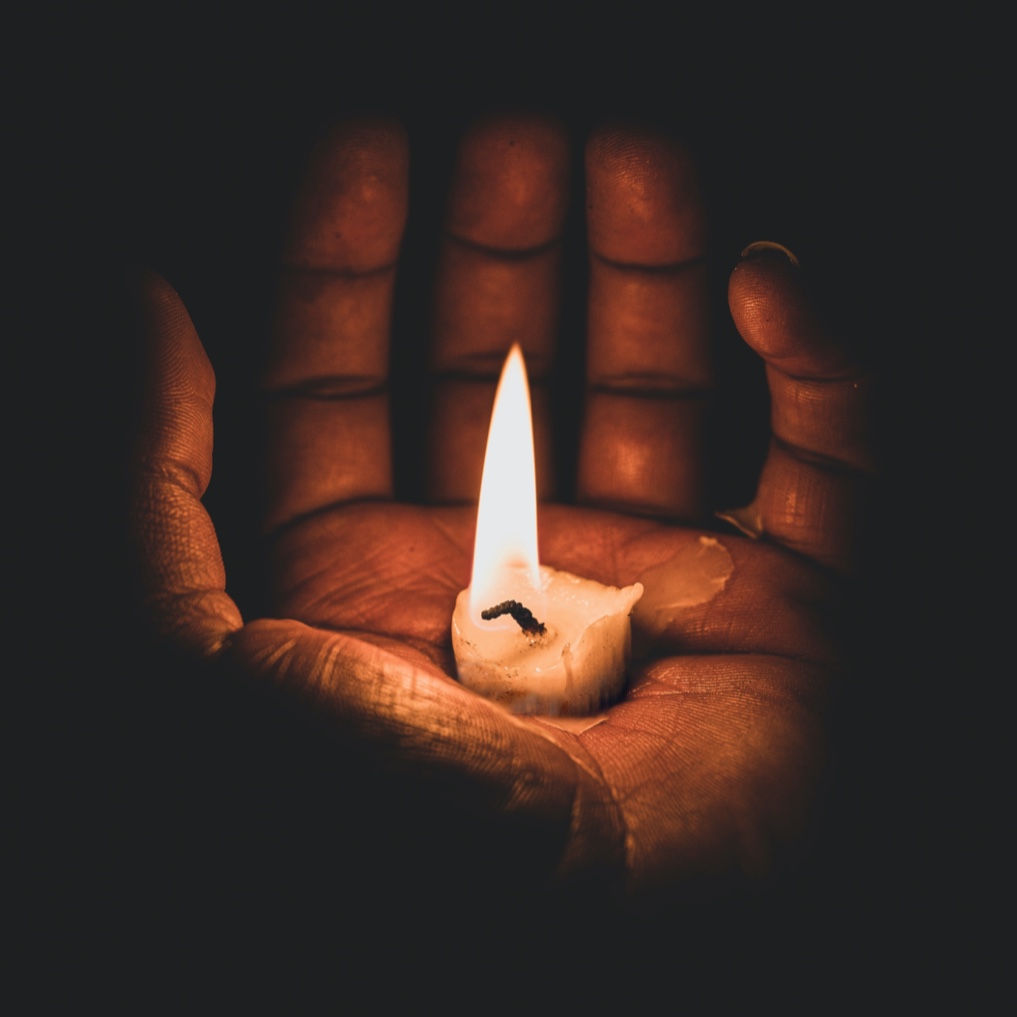Journey Task - ACKNOWLEDGE WHAT HAS BEEN LOST

ACKNOWLEDGE WHAT HAS BEEN LOST
Many of us have felt the basic expectations for our futures dissolve in unimaginable ways before our very eyes. Our work, our income, our meaningful life events, all of our social activities, many of our day-to day routines, our sense of place in the world – all the ordinary things of life suspended, upended, or ended. We will need to cultivate our ability to grieve what’s been lost to us.
Failures to acknowledge our losses creates agitation and irritability. This brings out our worst selves. Admit to what you are missing, what makes you feel sorrow. Then practice ‘re-learning your worlds’.
HERE’S THE CHALLENGE:
We are not a culture that easily accepts grief and loss as something we must learn to live with and work through.
Grieving is what we enter in response to what happens to us as a result of suffering losses in our lives. Some of us are suffering painfully acute losses in our present – primarily through either a loss of health and/or a loss of work, and the profound losses of security that can accompany those losses.
For many of us right now, we are suffering the loss of our future – both in the immediate and in the long term. We slowly learn to acknowledge and accept the loss of our plans that lived in a future we looked forward to. We have to stop and feel the sadness, the sorrow and the distress that accompanies what is being lost to us.
We them will have to put our lives back together in a process called “relearning the world”. We move from being our pain, sorrow and loss – being wholly absorbed in and preoccupied with it – to having our pain – to carrying residual sadness and heartache in our hearts. We also have to find and give meaning to how we are experiencing our own suffering, or bearing witness to the suffering of others..
We must relearn each aspect of our world:
1) Our physical surroundings – the things of those we have literally lost due to the pandemic (or otherwise), and therefor must now leave behind – everyday places; or perhaps special places, or special, hallmark events that were just ahead and are now postponed, eliminated or moved to an online format.
We are challenged by feeling the sense of absence of being in familiar or anticipated physical environment and celebrating occasions and events that hold deep significance for us: holidays, birthdays, anniversaries, weddings, births, graduations, and as well, deaths and funerals, and memorial celebrations of life.
Many of such things that we have taken for granted as part of a social culture have receded or vanished, and recognize just how highly valued they are by us, and we recognize the meaning they have held in our lives, and in the lives of those we care for and love.
2) Our relationships with others – we may had have a common ambivalence towards the presence of others; now we experience this ambivalence by the absence of physical others; and have to resort to screen mediated experiences that cannot adequately replace literally being together. We are reduced to screen relations, we while still wanting and needing the full attention or those in front of us, while also carrying a contrary need and a wish to be left alone.
3) Our relationship with ourselves – Who am I now without all the social exchanges and worldly exchanges that shape and define me? How am I different for having to be in forced company sheltered in place with others, or forced solitude – and having to face myself more that I usually plan to or wish to? How was my sense of self shaped by what has been lost to me? How does my life take new shape in the absence of those things I did on a daily basis, that are no longer possible to do?
4) Our relationship with our future – How, if at all, can we sustain meaningful hopes and realistic wishes for what lies ahead? How do we now hold onto possibilities for a future that feels worth having? How do we be and act in the world without a future we can feel certain about, or look forward to?
HERE’S YOUR TOOLS:
We now have to re-learn our worlds. We will practice looking forward in the following ways, learning to move in two directions at once:
1. We keep returning to aspects of our lives that are still viable.
This will be a gradual and fluid process, one that is constantly being reshaped and re-thought, as we learn more about navigating safety while understanding that we must somehow venture forth into unknown territories and norms of interacting with others.
In the mean time, we find and recover what still sustains and nourishes us in daily life; we find our ways back home among familiar things, in our usual places, in familiar activities, with fellow companions that are attempting to face their new realities as well.
2. We continuously reshape and redirect our individual, family, and community lives.
Realizing life can no longer be what it was, we reach for new life even as we suffer with uncertainty, loss and fears of contracting a threatening illness. We establish something without precedent – we simply learn to go where we haven’t gone before.
We find new ways in day-to-day life. We open ourselves, and build new connections with people who come across our path during these times. and move in a spiritual direction.
3. We often find and make meaning in ways that would not have occurred had we not suffered such uncertainty, vulnerability and loss.
This is often the hard won reward that comes from the unasked for ordeal. We have had no choice about what has happened on a global scale, but we can, and often do, find a way to grow through the experience. We find new strength of character. We grow in self-understanding and self-esteem as a result of building our tolerance for uncertainty and the unknown. We become more sensitive and responsive to others. We learn how much others mean to us, and learn new ways to show appreciation and love. We gain new critical perspectives on our relationships, on reality, and on the human condition.
(Distilled from the book Meaning Reconstruction and the Experience of Loss – edited by Robert Niemeyer.)
Working With Sorrow, Grief & Loss
HOLD ME CLOSER GOD/GODDESS

Inspiration
A Poem by Naomi Nahib Nye
KINDNESS
Before you know what kindness really is
You must lose things,
Feel the future dissolve in a moment
Like salt in a weakened broth.
What you held in your hand,
What you counted and carefully saved,
All this must go.

Reflection
An Essay by Francis Weller
Grief and loss touch us all, arriving at our door in many ways. It comes swirling on the winds of divorce, the loss of meaningful or essential work, the death of someone dear, and now as a profound threat of illness that alters the course of a life.

Action
Ritual to Acknowledge a Loss.
Clear 15 – 20 minutes from your day.
Create a sacred space of silence and reverence. Make a small altar. Place a candle in the middle.
If you like, also burn sage or incense to help shift the space towards the sacred, the holy, the mystery. (Add appropriate background music if you like.)
Light the votive or candle. Deepen and slow down your breathing. Feel the ground underneath you; then the sky above you.
Acknowledge what you have recently lost from your life. Feel the sense of loss, the feeling of sorrow, the downward pull of what has left your life.
1. Give thanks for what you have been given. Feel into what your life had been given, and what it meant, and what it added to your life.
2. Give thanks to know the feeling of loss. This is hard to do. But it allows you to feel the value of what had been added to your life, and how it mattered to you.
3. Give thanks for what remains. Some part of whatever we lose stays with us when it matters, and it begins to live more within us. Feel how that is now true for you, and feel the gratitude you have for that fact.
The Well of Grief
Those who will not step beneath
the still surface on the well of grief
turning downward through its black water
to the place we cannot breathe
Will never know the source
From which we drink,
The secret water, cold and clear.
Nor find in the darkness glimmering
The small round coins
Thrown by those who wished
For something else.
It’s possible I am pushing through solid rock
in flintlike layers, as the ore lies, alone;
I am such a long way in I see no way through,
and no space: everything is close to my face,
and everything close to my face is stone.
I don’t have much knowledge yet in grief
so this massive darkness makes me small.
You be the master: make yourself fierce, break in:
then your great transforming will happen to me,
and my great grief cry will happen to you.
